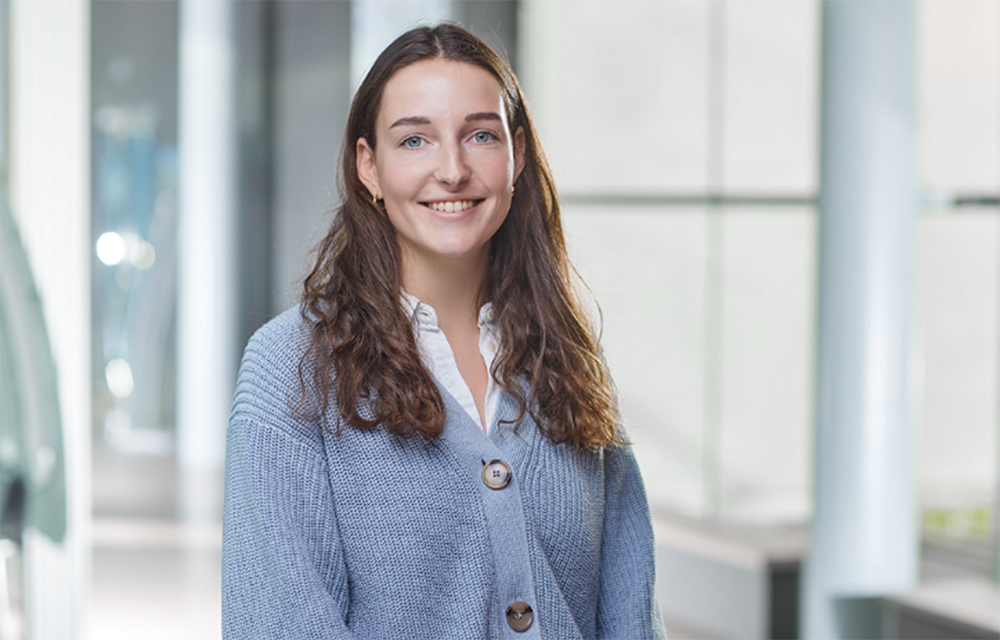“Conventional plastics management is mostly linear and thus closely linked to resource consumption and waste generation. At the same time, plastics production is expected to double again in the next 20 years,” explains Meret Jürgens. An alternative concept is the Circular Economy (CE), which aims to reduce environmental impact and whose implementation in SMEs Meret Jürgens would like to support with her doctorate.
The project: Implementation of Circular Economy in SMEs
SMEs find the implementation of Circular Economy particularly difficult. A lack of information, human resources and time to generate the necessary expertise make it difficult to get started. In addition, the range of plastics and possible applications is large, making it challenging to formulate generally applicable recommendations.
In her doctoral thesis, Meret Jürgens would like to investigate how SMEs in the plastics sector can facilitate implementation in order to improve the environmental impact of their products. To do this, she would like to conduct case studies for plastic products from SMEs that would like to generate more recyclable products and processes, among other things. The case studies will investigate the impact of different CE measures and how the recyclability and sustainability of the measures can be meaningfully assessed. Interested SMEs from the plastics sector are encouraged to get in touch.
The scholarship: Support for doctoral studies in the environmental sector
The DBU has been supporting young scientists for more than 25 years with scholarships for doctorates with a strong connection to environmental protection and nature conservation. In addition to supporting individual doctoral candidates, the DBU thus also pursues the goal of establishing a network of environmental experts from various disciplines. Further information on the scholarship and the application can be found here (in German language): www.dbu.de/stipendien_promotion.
